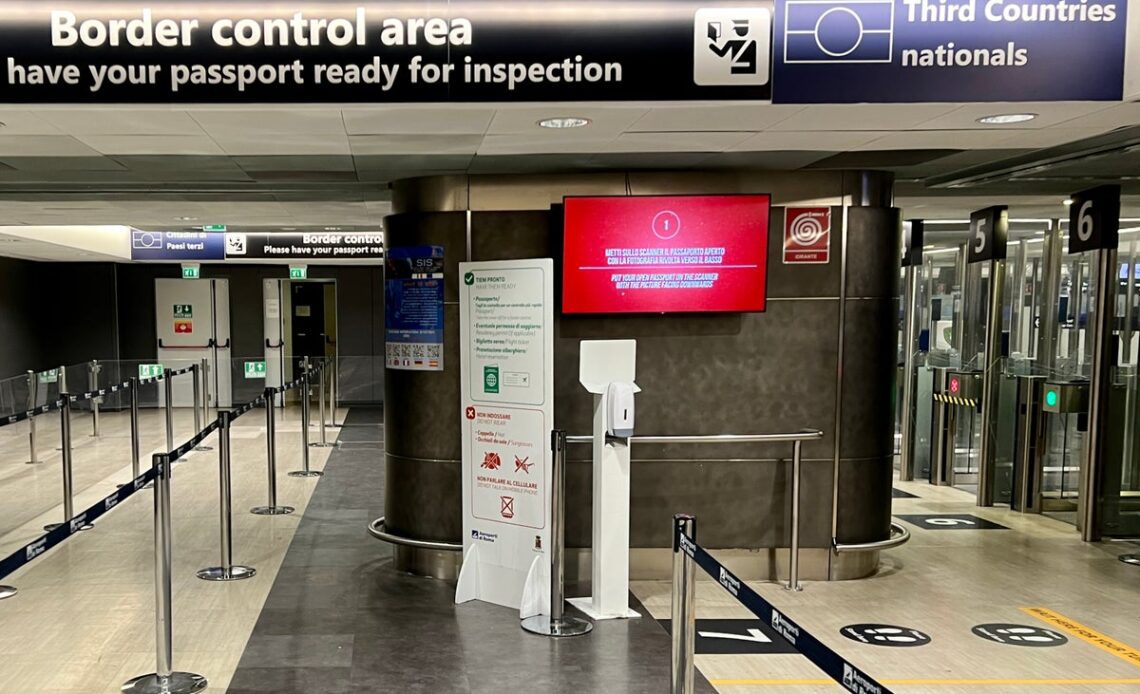The tougher border checks, known as the “Entry Exit System” (EES), are due to come into effect in May 2023 – just ahead of the peak summer season.
The UK helped develop the EES while part of the European Union – then, with the Brexit withdrawal treaty, asked to become subject to the new system.
From next summer, each time a third-country national crosses an EU external border, fingerprints and a facial biometric must be checked.
Citizens of European Union countries, even those outside the Schengen Area such as Ireland, are unaffected; officials can check only that they have a valid travel document.
Because the UK chose to leave the European Union, the number of travellers “caught” by the Entry-Exit System will be much higher than originally envisaged.
Warnings from individual governments appear in a paper published by the General Secretariat of the Council in Brussels.
Views were sought from across the EU about the readiness of the system, and The Independent has analysed their responses.
The Slovenian government modelled the effect of the EES and reported: “It takes up to four times longer to do the new process – border check + enrolment + verification.”
Austria’s authorities said: “We expect process times to double compared to the current situation.”
Poland’s government estimates: “The time for border control of a single passenger will increase by 30-120 seconds, but only in the case of the so-called ‘happy flow’.”
The term “happy flow” refers to the smooth progress of properly documented travellers through the frontier post.
Officials in Warsaw warn: “The time indicated above does not take into account cases requiring additional activities, such as identity management.”
Croatia predicts: “The waiting time for border checks will certainly be significantly longer.”
Finland is preparing for a “significant increase of workload at the beginning, because the process will change so much from the passenger’s point of view”.
France says it will use new technology at airports: “We will set up so-called ‘self-service’ systems (kiosks), supervised…
Click Here to Read the Full Original Article at The Independent Travel…
